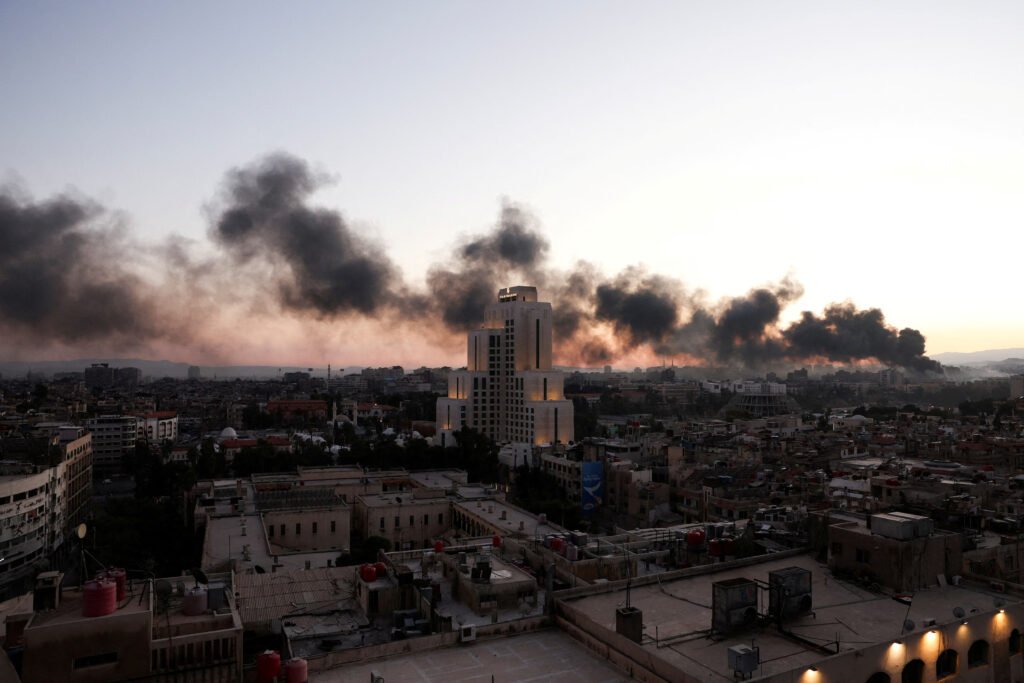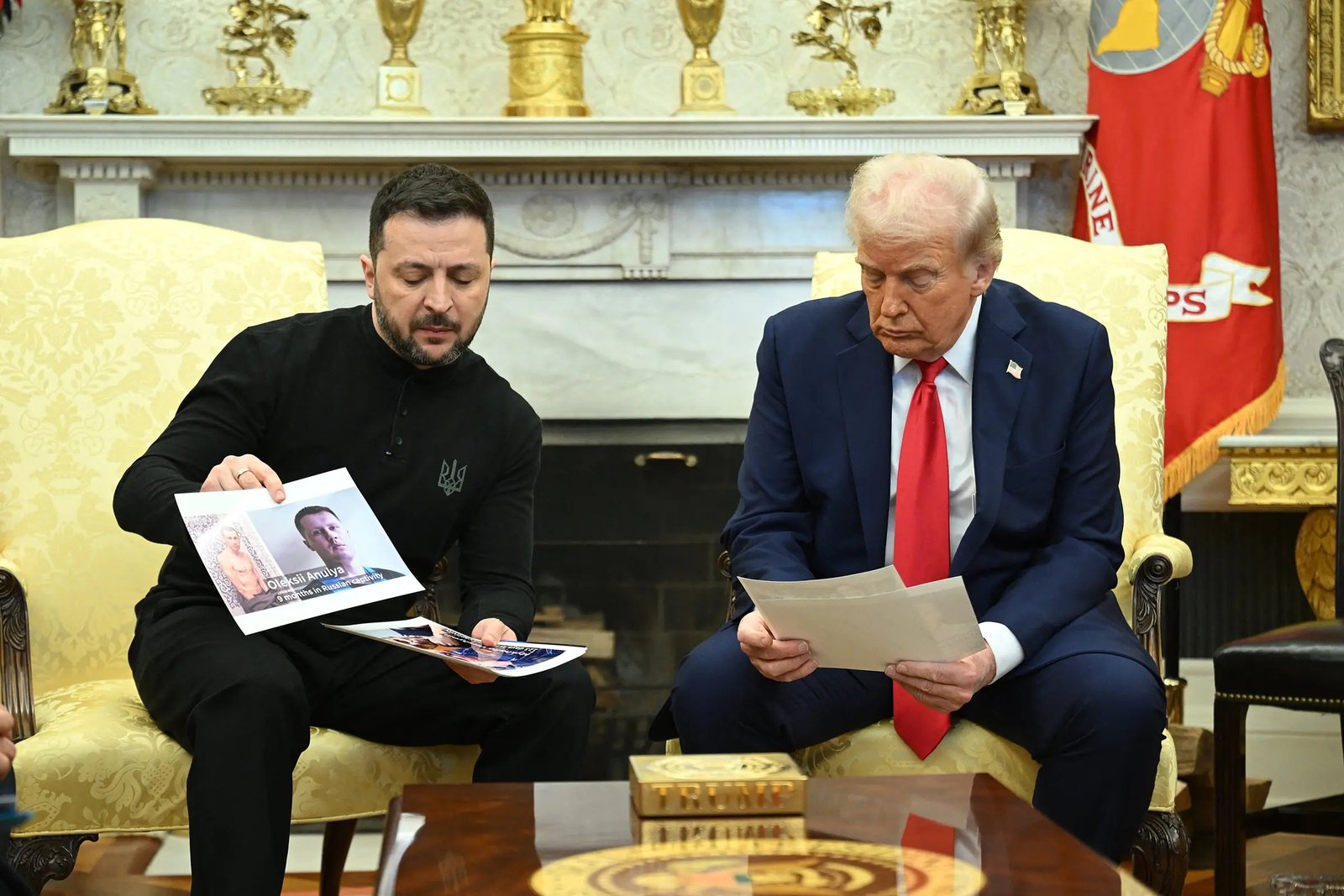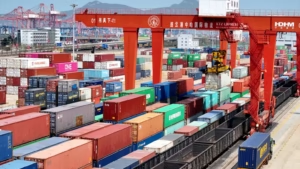Now Reading: Syria Responds to U.S. Sanctions Relief Conditions in April Letter
-
01
Syria Responds to U.S. Sanctions Relief Conditions in April Letter

Syria Responds to U.S. Sanctions Relief Conditions in April Letter
Syria has formally responded to a list of U.S. conditions for potential sanctions relief, addressing key American demands such as chemical weapons disarmament and ensuring non-aggression toward Israel. A copy of the confidential letter, dated April 14, was obtained exclusively by Reuters.
Syria Responds to U.S. Conditions for Sanctions Relief
The four-page letter, delivered weeks after a March 18 meeting in Brussels between Syrian Foreign Minister Asaad al-Shibani and senior U.S. official Natasha Franceschi, outlines Syria’s willingness to cooperate on multiple fronts but insists that some conditions require “mutual understandings” with Washington.
U.S. officials confirmed receipt of Syria’s response, though evaluation is ongoing. “We do not recognize any entity as the government of Syria,” a State Department spokesperson stated, emphasizing that future normalization hinges on the interim government’s behavior.

Key U.S. Demands Addressed in Syria’s Letter
The U.S. had presented Syria with eight conditions in exchange for partial and temporary sanctions relief. In return for full compliance, Washington reportedly offered to extend a sanctions exemption for two years and consider further economic reprieve.
1. Chemical Weapons Disarmament
Syria detailed steps to dismantle its chemical weapons stockpiles and reaffirmed cooperation with global watchdogs. This was a top priority for U.S. negotiators.
2. Missing Americans – Austin Tice
The letter promises the creation of a liaison office within Syria’s foreign ministry to assist in the search for missing U.S. journalist Austin Tice.
3. No Threats Toward Israel
Syria vowed not to allow its territory to be used to threaten Israel. It also announced the formation of a special committee to monitor Palestinian factions and said that no armed groups outside of state control would be tolerated.
4. Cooperation on Counterterrorism
Damascus acknowledged ongoing communication with U.S. officials in Amman over counterterrorism cooperation, especially in operations targeting Islamic State (ISIS). However, it refrained from granting explicit approval for U.S. strikes on Syrian territory, noting that such actions would require bilateral understanding.
Unresolved U.S. Demands: Foreign Fighters and Military Ranks
Despite some progress, Syria’s response falls short on several U.S. concerns, especially regarding the role of foreign fighters in the Syrian military.
- The letter notes that Damascus has suspended the issuance of military ranks after appointing non-Syrian fighters in December, but it does not confirm whether those appointments have been reversed.
- Syria’s position remains that foreign fighters who fought against extremists deserve recognition, complicating efforts to remove them from key roles.
A U.S. source said these omissions left several U.S. demands “outstanding,” with only five of eight demands addressed fully.
Potential Next Steps: Embassies and Sanctions Talks
Syria’s letter calls for follow-up talks and a potential roadmap toward normalizing diplomatic relations, including the reopening of embassies and lifting of sanctions. It characterizes its commitments as “guarantees” and proposes a structured dialogue to address the remaining issues.
The timing of the letter — sent just 10 days before Shibani’s speech at the U.N. Security Council — signals Damascus’ attempt to align its public messaging with diplomatic outreach behind closed doors.
Implications for U.S.-Syria Relations
This latest development reflects a cautious but notable shift in Syria-U.S. relations, with both parties exploring limited engagement after years of estrangement. While Washington remains skeptical of Assad-era leadership, interim president Ahmed al-Sharaa has hinted at a more pragmatic approach.
The letter also aligns with Syria’s push for international legitimacy and economic recovery amid crippling sanctions and a war-battered economy.
























